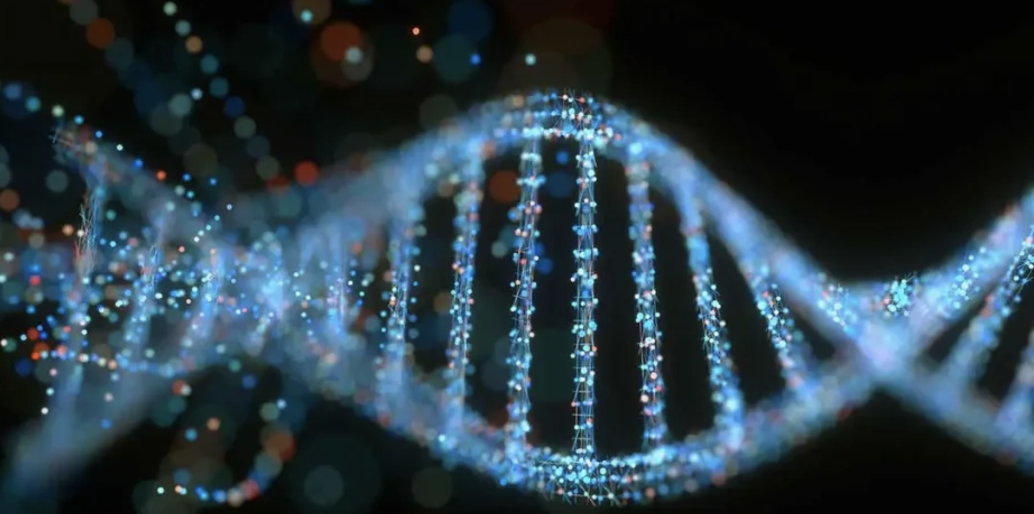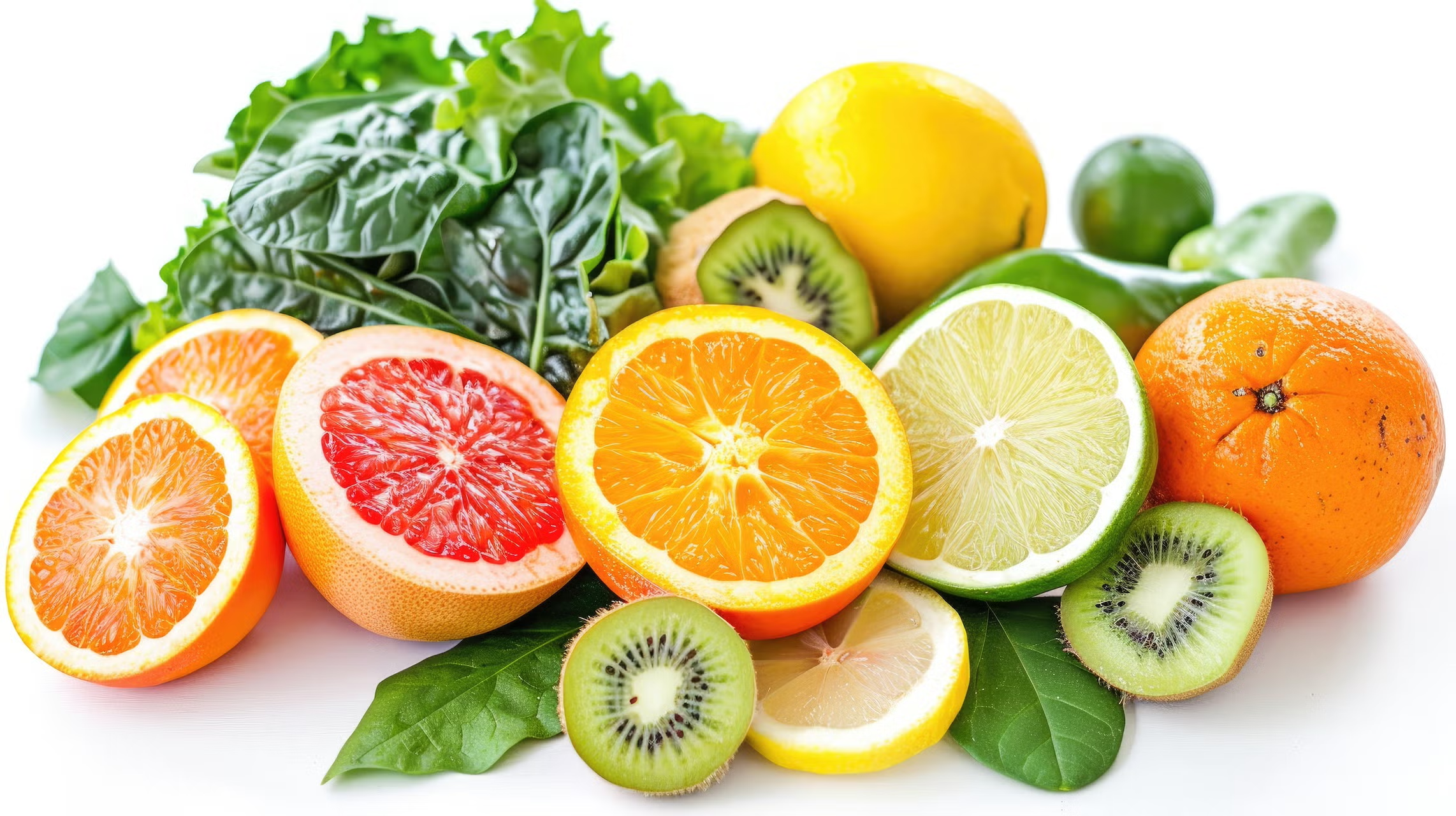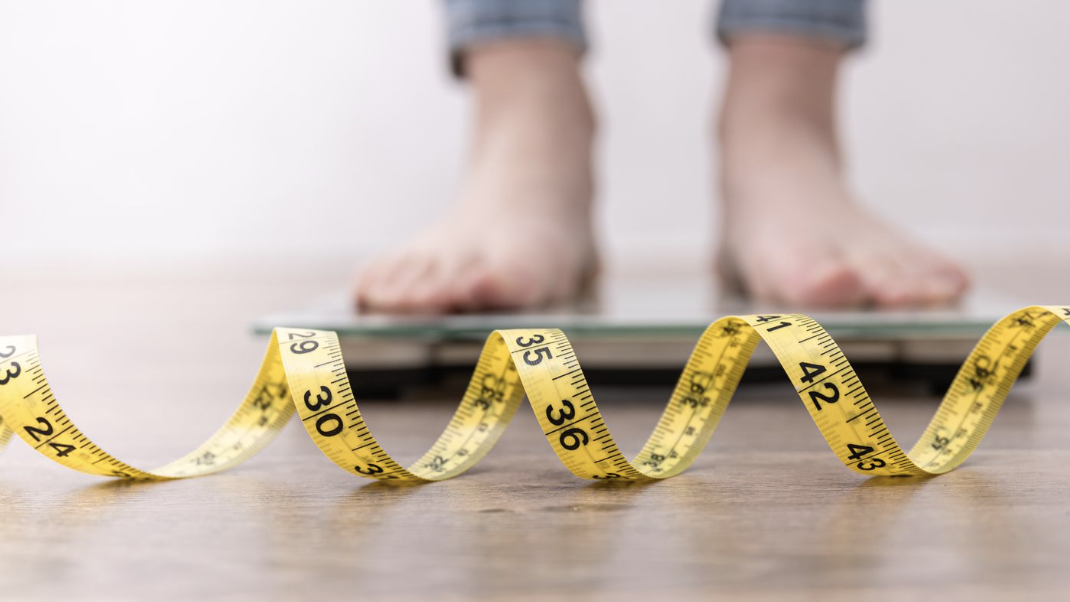
you’re on a weight-loss journey, you may wonder about the role of Vitamin D in your diet. This essential nutrient is not only vital for maintaining overall health but can also play a supportive role in achieving your weight-management goals. Let’s dive into how Vitamin D works, its benefits for those on a diet, and the best ways to ensure you get enough.
What Is Vitamin D?
Vitamin D, often called the “sunshine vitamin,” is a fat-soluble vitamin that helps the body absorb calcium and phosphorus. It is crucial for bone health, immune function, and muscle strength. Unlike most vitamins, your body can produce Vitamin D when your skin is exposed to sunlight.
Vitamin D and Weight Loss: The Connection
Research has shown that Vitamin D can positively impact weight management in several ways:
- Appetite Regulation
Vitamin D influences the hormone leptin, which signals your brain when you’re full. Low levels of Vitamin D can interfere with this process, leading to overeating or difficulty recognizing satiety. - Fat Storage and Metabolism
Some studies suggest that Vitamin D may help regulate fat storage and metabolism. It interacts with fat cells, encouraging the breakdown of fat and reducing the formation of new fat cells. - Improved Mood and Energy
Vitamin D deficiency is linked to fatigue and depression, which can make it harder to stick to a diet or maintain an active lifestyle. Adequate Vitamin D can boost your mood and energy levels, helping you stay motivated.
Sources of Vitamin D
Getting enough Vitamin D while dieting is essential, and you can do so through a combination of sunlight, food, and supplements:
- Sunlight Exposure
Spending 10–30 minutes in direct sunlight several times a week can boost your Vitamin D levels. However, factors like skin tone, age, and geographic location may affect how much Vitamin D your body produces. - Foods Rich in Vitamin D
Incorporate these foods into your diet to naturally increase your Vitamin D intake:- Fatty fish like salmon, mackerel, and tuna
- Egg yolks
- Fortified foods like milk, orange juice, and cereals
- Mushrooms exposed to UV light
- Supplements
If you’re not getting enough Vitamin D through sunlight or diet, supplements can help. The recommended daily allowance (RDA) is 600–800 IU for most adults, but higher doses may be needed if you’re deficient (consult your doctor for guidance).
Vitamin D and Diet Types
If you’re on a specific diet, here’s how to ensure you’re getting enough Vitamin D:
- Low-Calorie Diets: Include fortified low-calorie foods like almond milk or opt for supplements.
- Keto or Low-Carb Diets: Fatty fish and egg yolks align perfectly with these diets and are excellent sources of Vitamin D.
- Plant-Based Diets: Seek fortified plant-based milk, cereals, or mushrooms.
Signs of Vitamin D Deficiency
If you experience any of the following symptoms, you may need to check your Vitamin D levels:
- Fatigue
- Bone pain
- Muscle weakness
- Depression
- Frequent illnesses
Conclusion
Yes, you can—and should—take Vitamin D on a diet. Not only is it safe, but it also supports your weight-loss efforts by improving fat metabolism, appetite control, and mood. Focus on getting Vitamin D from natural sources like sunlight and nutrient-dense foods, and consider supplements if needed. Maintaining adequate Vitamin D levels ensures you stay healthy, energized, and on track to meet your goals.





